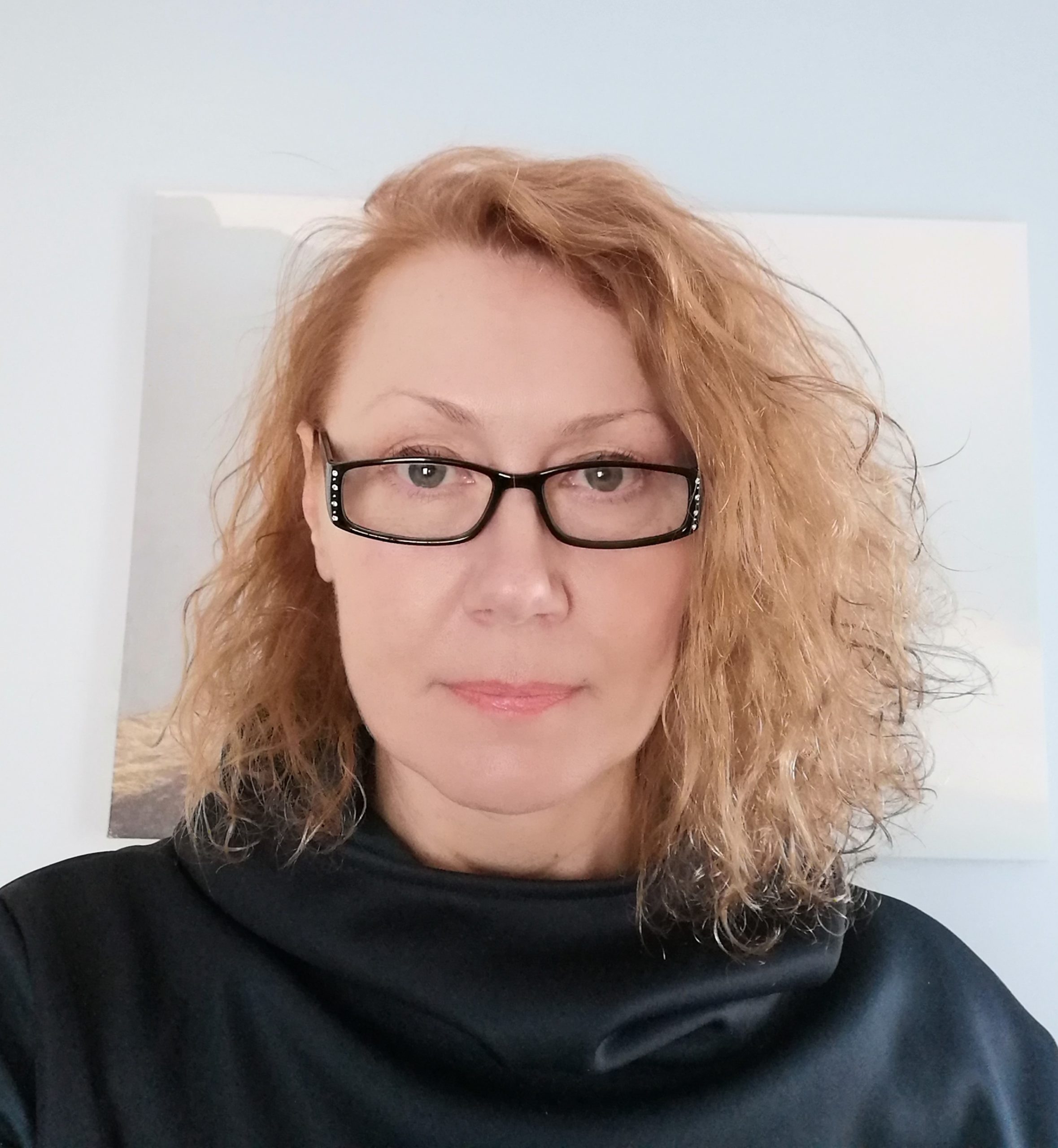Inese Nagle, M.D.
Enrollment Liaison Manager

Inese Nagle, M.D.
Enrollment Liaison Manager
Inese Nagle, M.D. has 20 years of experience in clinical research and prior to that spent 10 years in clinical practice as a neurologist at the Clinical University Hospital and Traumatology hospitals in Latvia. She has 15 years of experience as a CRA, and more recently has spent several years as a line manager and a Lead CRA. In addition to her background as a neurologist, Dr. Nagle has recent experience driving enrollment for studies in cognitive impairment associated with Schizophrenia and treatment effectiveness and patient reported outcomes (PRO) in patients with relapsing Multiple Sclerosis. She is dedicated to promoting enrollment to meet milestones and ensure patient retention across several sites and countries for both studies. She is familiar with psychiatric evaluation scales and PROs, including MCCB, SCoRS, VRFCAT, ToL, PRECIS, CGI-S, CGI-C, SDS, SCQ, HADs, C-SSRS, PWC-20. She is also familiar with Multiple Sclerosis diagnostic criteria and exacerbation evaluation and assessment tools, including EDSS, SDMT, T25-FW, 9-HPT, LCLA, and PROs MSIS-29, MSRS-R, HADs, C-SSRS. Dr. Nagle’s medical background and strong communication skills allow her to develop excellent, long-term relationships with high-enrolling clinical sites in Neurology and Psychiatry indications. Dr. Nagle was awarded her medical degree from the Medical Academy of Latvia.
Why Clinical Research?
“My sister was seriously affected by birth trauma, and as a child, I saw how desperately she needed treatment to improve her quality of life. The psyche and brain were the biggest mysteries that I wanted to understand, and working as a neurologist twenty years ago, I discovered how limited treatment options are to significantly improve patients’ lives in many cases. I came across clinical research almost accidentally, and I was surprised to discover how complicated and puzzle-like the process is to develop new treatments in a safe and standard environment. That encouraged me to stay in clinical research for the rest of my career. The ability to treat neurological and other conditions has expanded rapidly in the past decades, and I am happy to be a part of this process.”
